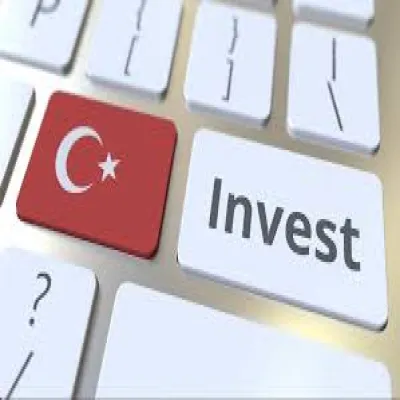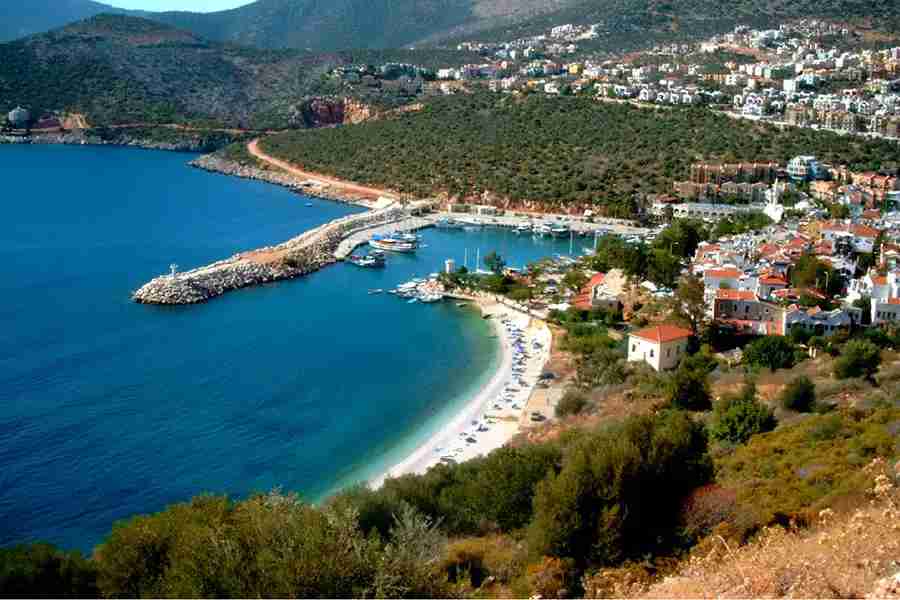By. Justin Mays
Following in the footsteps of his predecessor, the latest governor, Sahap Kavcioglu, of the Turkish Central Bank will continue monetary tightening until mid-term inflation target of 5% is achieved. With the goal of securing a strong economic growth Turkey will make reserves permanent and better implement financial systems for production and exports. Kavcioglu also addressed concerns over an alleged $128 billion deficit of foreign exchange reserves, saying accusations were untrue. If the Central Bank had not met the foreign currency demand during the pandemic, the country would be facing difficulties, he said. At the end of 2020 the real sector's foreign exchange position deficit was at $208 billion but it decreased to $157 billion being met by the Central Bank reserves and transactions.
New figures were released by the bank on April 29 during a virtual meeting for the bank’s second 2021 quarterly inflation report with a predicted increase in the country's year-end inflation to 12.2% for this year, up from 9.4% in its previous report. Kavcioglu underlined that the upward revision stemmed from an increase in assumptions for Turkish-lira-denominated import prices, output gap, and food inflation, however, credit developments and the normalization period data indicate that economic activity will continue its resilient course despite the updated accounting for unpredictability of the continuing pandemic.
Regarding the security of foreigners' capital outflows, he assured foreign direct investors, "We may discuss various topics in Turkey, but everyone knows that they can bring their money to Turkey or withdraw from Turkey whenever they want.” Securing a Turkish passport by investment and buying property in Turkey for residency is a safe bet under his leadership. There are positive economic signals from industrial firms’ investment demands despite the limiting impact of the pandemic, which began to recover in the second half of 2020 and strengthened in the first quarter of this year.














